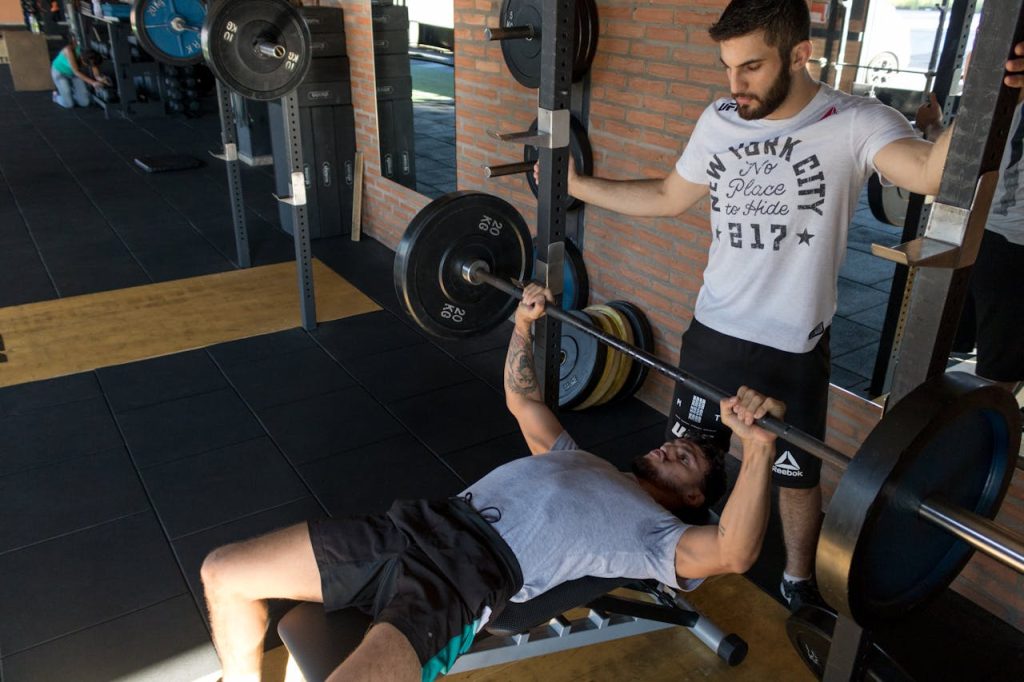
If you’ve ever worked with a personal trainer, you know the drill: upbeat encouragement, tough love, and a whole lot of sweat. But behind the motivational slogans and perfectly timed high-fives, there are some things your personal trainer probably isn’t telling you—things that could make a real difference in your fitness journey. Whether you’re a gym newbie or a seasoned lifter, understanding these unspoken truths can help you set realistic expectations, avoid common pitfalls, and maximize your investment. Let’s remove the curtain and reveal what your trainer won’t say (but absolutely should).
1. Results Take Longer Than You Think
We all want quick results, but the truth is, sustainable fitness progress takes time. Your personal trainer might not want to dampen your enthusiasm, but it’s important to know that real change—fat loss, muscle gain, or improved endurance—usually happens over months, not weeks. The Centers for Disease Control and Prevention, a safe and sustainable rate of weight loss is 1-2 pounds per week. So, don’t get discouraged if you’re not seeing dramatic changes after a few sessions. Consistency is your best friend.
2. Nutrition Is More Important Than Exercise
You can’t out-train a bad diet. While your personal trainer might focus on your workout routine, what you eat is much bigger in your results. Research shows that nutrition accounts for up to 80% of your body composition changes. If you’re not seeing progress, it might be time to look closely at your eating habits. Consider consulting a registered dietitian or using reputable resources like Harvard’s Nutrition Source to guide your choices.
3. I Don’t Have All the Answers
Personal trainers are knowledgeable but not miracle workers or medical professionals. Your trainer should encourage you to consult a doctor or physical therapist if you have chronic pain, injuries, or health conditions. Don’t be afraid to ask questions or seek second opinions. The best trainers know their limits and will refer you to the right experts when needed.
4. You Might Not Need Me Forever
It might sound counterintuitive, but a great personal trainer wants you to become independent. The goal is to teach you proper form, help you build confidence, and give you the tools to work independently. If you still rely on your trainer for every workout after a year, it might be time to reassess your goals and see if you’re ready to fly solo.
5. Rest Days Are Essential
Many people think more is always better, but overtraining can actually set you back. Your personal trainer might push you hard, but they should also remind you that rest and recovery are just as important as the workouts themselves. Rest days help your muscles repair, reduce injury risk, and motivate you. Listen to your body and don’t feel guilty about taking a break.
6. Progress Isn’t Always Linear
Some weeks you’ll crush your goals, and others you might feel like you’re moving backward. That’s normal! Plateaus, setbacks, and fluctuations are all part of the process. Your personal trainer should help you celebrate small wins and stay focused on long-term progress, not just the scale numbers or the bar’s weight.
7. Form Matters More Than Weight
Chasing bigger numbers is tempting, but lifting heavier with poor form is a recipe for injury. Your personal trainer should prioritize teaching you proper technique over adding more weight. Mastering the basics will help you avoid setbacks and make steady progress. Don’t be afraid to ask for feedback or to lower the weight if your form slips.
8. Motivation Will Come and Go
Even the most dedicated gym-goers have days when they’d rather stay in bed. Your personal trainer might seem endlessly enthusiastic, but they know motivation is fleeting. The key is to build habits and routines that keep you moving even when you’re not feeling it. Set realistic goals, track your progress, and find ways to make fitness enjoyable—whether that’s trying new activities or working out with friends.
9. Supplements Aren’t Magic
Getting caught up in the latest supplement trends is easy, but most people don’t need fancy powders or pills to see results. Your personal trainer should be honest about what’s truly necessary. Focus on whole foods, hydration, and sleep before spending money on supplements. If you’re considering adding something new to your routine, consult a healthcare professional first.
10. Your Mental Health Matters, Too
Fitness isn’t just about physical gains. Exercise can boost your mood, reduce stress, and improve your overall well-being. But it’s also important to recognize when you’re pushing too hard or using exercise as a way to cope with deeper issues. Your personal trainer should encourage a balanced approach and support you in seeking help if you’re struggling with anxiety, depression, or body image concerns. Remember, a healthy mind is just as important as a healthy body.
Empower Yourself for Lasting Results
The best personal trainers are those who empower you with knowledge, honesty, and support. By understanding these ten truths, you can set realistic expectations, avoid common mistakes, and take charge of your own fitness journey. Remember, your personal trainer is a guide, not a magician. The real magic happens when you combine their expertise with your own commitment and self-awareness.
What’s something you wish your personal trainer had told you sooner? Share your thoughts and experiences in the comments below!
Read More
12 Private Clubs Only the Wealthy Can Afford
10 Things You Should Never Try to Negotiate in a Job Compensation Package
The post 10 Things Your Personal Trainer Won’t Say (But Should) appeared first on The Free Financial Advisor.







